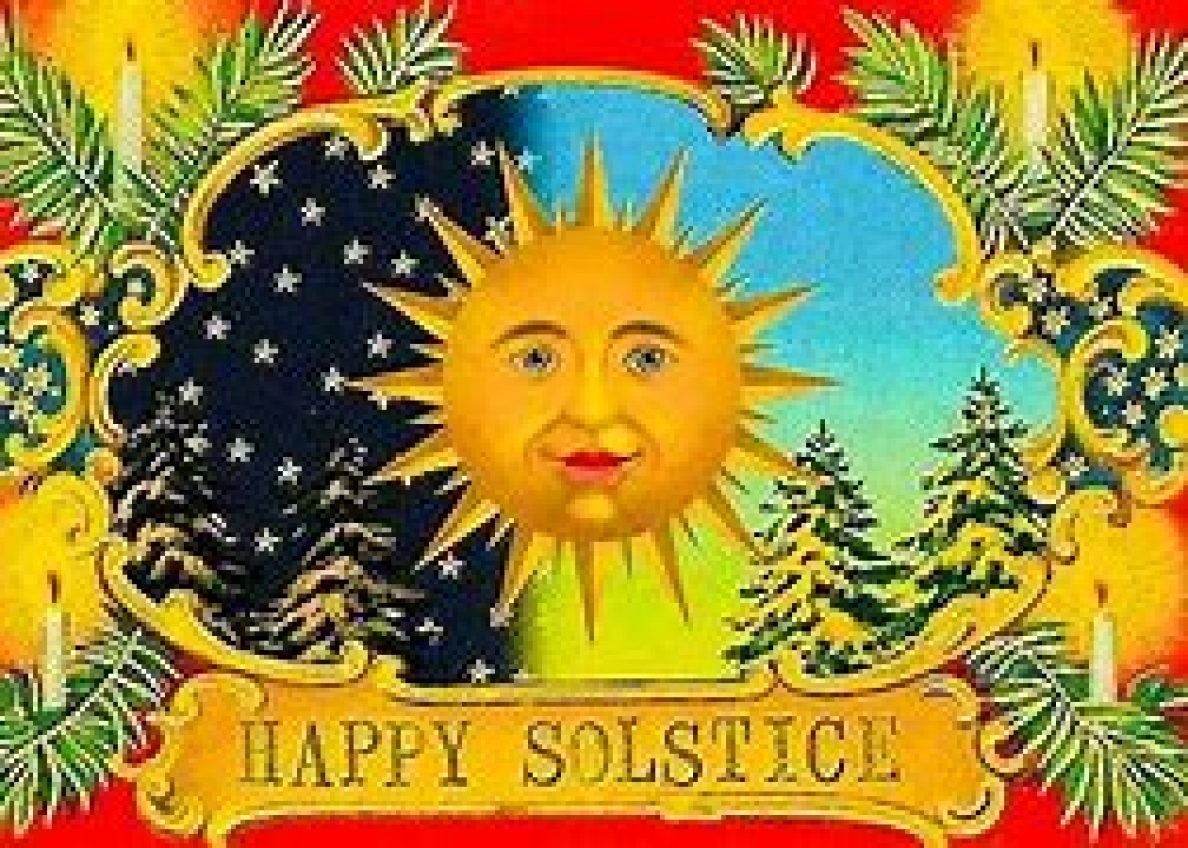Let’s Talk Witch – Using Sacred Texts
The Koran, the Bible and other books are perceived as having inherent magickal power because they are sacred texts. Sacred texts are not restricted to monotheistic faiths.
The works of Homer and Virgil, the Indian Vedas, and the Chinese I-Chingor Book of Changes are allconsidered sacred texts. The crucial question, in terms of successful spellcasting is “are any of those texts sacred foryou?” Sacred texts by definition, are so inherently charged with baraka and heka that, like a saint from beyond the grave, anyone may access that power. However, magick is both in the transmitter and the receiver, it is a reciprocal process. The most powerful sacred texts for you are those that you perceive as sacred. If your sacred texts are Broadway show tunes or doo-wop songs, then incorporate them into your spells in the same manner that you would any other sacred text.
Methods for the magickal use of psalms and sacred texts include:
*Whispering texts over a cup of water, which is then given to someone to drink(although the spell-caster may also desire to drink it, depending on the purpose of the spell.)
*Writing texts down on paper, then dissolved in liquid and drunk(by the spell-caster or the person of the spell: this derives from ancient Egyptian methods.)
*Wearing them as amulets, for empowerment and to transmit constant, considered magick energy.
*Tracing them on an apple with a pin; depending on the nature of the spell the apple is then eaten by the spell-caster of feed to the person the spell is intended for.
